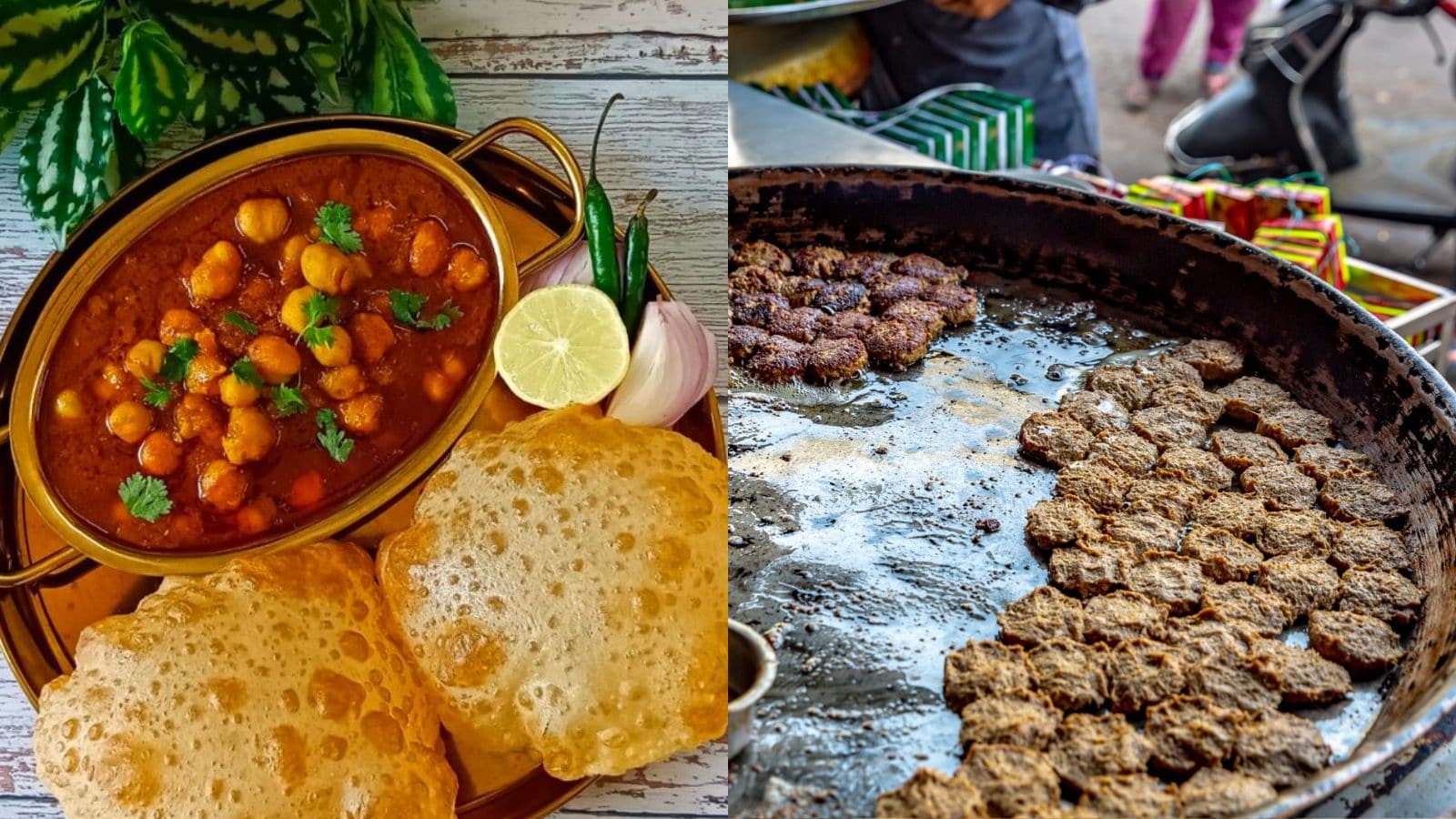Copyright news18

World Cities Day (October 31) turned out to be a historic moment for the City of Nawabs. On this day, Lucknow officially joined the league of the world’s finest food capitals, earning the coveted title of UNESCO Creative City of Gastronomy. The honour, conferred during the 43rd Session of the UNESCO General Conference in Samarkand, Uzbekistan, places the Uttar Pradesh capital among 70 global gastronomy hubs — a recognition that celebrates not just its food, but the soul of a city where culinary artistry and culture are inseparable. How Lucknow Got the Title The journey to this recognition began nearly a year ago when the Uttar Pradesh Directorate of Tourism submitted Lucknow’s nomination dossier to the Ministry of Culture on January 31, 2025. Following rigorous evaluation, Lucknow was officially selected as India’s entry on March 3, before UNESCO confirmed its inclusion on October 31. The dossier — meticulously prepared with research inputs from heritage architect Abha Narain Lambah — chronicled Lucknow’s culinary evolution from the opulent kitchens of the Nawabs of Awadh to the bustling food lanes of Aminabad, Chowk, and Hazratganj. Rich with oral histories, recipes, and anecdotes from chefs, ustads, and local families, it portrayed how Lucknow’s cuisine embodies the Ganga-Jamuni tehzeeb — a centuries-old tradition of harmony, refinement, and shared cultural heritage. “The UNESCO evaluation committee was fascinated by how food in Lucknow continues to unite people across faiths and communities,” said a senior tourism official, adding that the city’s cuisine isn’t merely about taste — it’s about togetherness, patience, and artistry. Kebabs to Cultural Diplomacy Lucknow’s gastronomic story is one of legacy and innovation. From the melt-in-the-mouth Galouti Kebab, first crafted for a toothless Nawab, to the aromatic Awadhi Biryani, perfected with layers of rice, saffron, and slow-cooked meat, every dish carries the city’s historic imprint of finesse. The UP government’s dossier highlighted several iconic dishes — each representing a slice of Lucknow’s social and cultural fabric. The Tokri Chaat, served in crisp potato baskets and bursting with tangy flavours, speaks of the city’s flair for creativity. The Puri-Kachori breakfasts at Chowk and the delicate Malai Gilori from the legendary Ram Asrey sweet shop reveal the city’s obsession with texture and balance. Equally famous are the Tunday Kababi’s spiced kebabs — a 120-year-old family recipe that continues to define Lucknow’s culinary identity. “For over a century, our family has been serving the same kebabs that once delighted the Nawabs of Awadh,” said Mohammed Usman, owner of Tunday Kababi’s Aminabad outlet. He said that this recognition by UNESCO feels like the world has finally taken a bite of Lucknow’s soul. “Our kebabs were never just food — they are heritage seasoned with history,” he added. Beyond flavour, the dossier presented these culinary treasures as forms of cultural diplomacy. From the lavish dastarkhwans that once hosted British officers and Persian envoys to today’s communal iftars and Diwali feasts, food in Lucknow has always served as a language of friendship and grace. “Lucknow’s food is its identity — it brings people together, dissolving boundaries of class and creed,” said Amrit Abhijat, Principal Secretary (Tourism and Culture). “Every plate served in Lucknow tells a story — of royal kitchens, street vendors, and cultural unity. This honour will strengthen global outreach and support food-based livelihoods.” Global Moment for Lucknow With this recognition, Lucknow joins a distinguished network of cities such as Hyderabad (India), Al-Madinah Al-Munawwarah (Saudi Arabia), Kelowna (Canada), Quanzhou (China), and Zaragoza (Spain) — all part of the UNESCO Creative Cities Network (UCCN). In a celebratory post on X, UNESCO South Asia posted, “Lucknow has been designated a UNESCO Creative City of Gastronomy! Celebrating its centuries-old Awadhi culinary heritage and creative spirit shaping global gastronomy.” UNESCO Director-General Audrey Azoulay said that the 58 new cities recognised this year were chosen for their commitment to using creativity as a tool for sustainable urban development, community resilience, and cultural innovation. Tourism and Culture Minister Jaiveer Singh hailed the recognition as a proud moment for Uttar Pradesh and India. “This global honour highlights Lucknow’s culinary legacy and strengthens UP’s role in India’s growth story. Glad the state is bringing laurels to the nation,” he said. Culinary Tourism on the Rise The recognition comes at a time when culinary tourism in Uttar Pradesh is witnessing unprecedented growth. Lucknow recorded 8.27 million tourists in 2024, and in just the first half of 2025, over 7 million visitors had already arrived — many drawn by the promise of authentic Awadhi flavours. For those shaping the city’s contemporary food scene, the UNESCO tag marks both pride and opportunity. “This global honour will transform how the world perceives Lucknow’s cuisine,” said Bilal Arshad, co-founder of Online Kaka, a Lucknow-based food delivery platform. He said from royal kitchens to smartphone screens, they are proud to deliver that same legacy to every home. “Food tech and tradition are now working hand in hand to make Lucknow’s flavours travel farther than ever,” he added. Officials believe the designation will boost food-based entrepreneurship, local employment, and international collaborations. The UP government is already planning to host an annual Lucknow Gastronomy Festival, celebrating regional cuisines, culinary art forms, and innovations rooted in traditional techniques. Old timers said that Lucknow’s culinary identity is a blend of Persian refinement and Indian warmth. Whether it’s the golden Sheermal, the velvety Shahi Tukda, or the festive Qorma and Roomali Roti combinations found in old eateries, every bite in Lucknow narrates a story of evolution and endurance.



